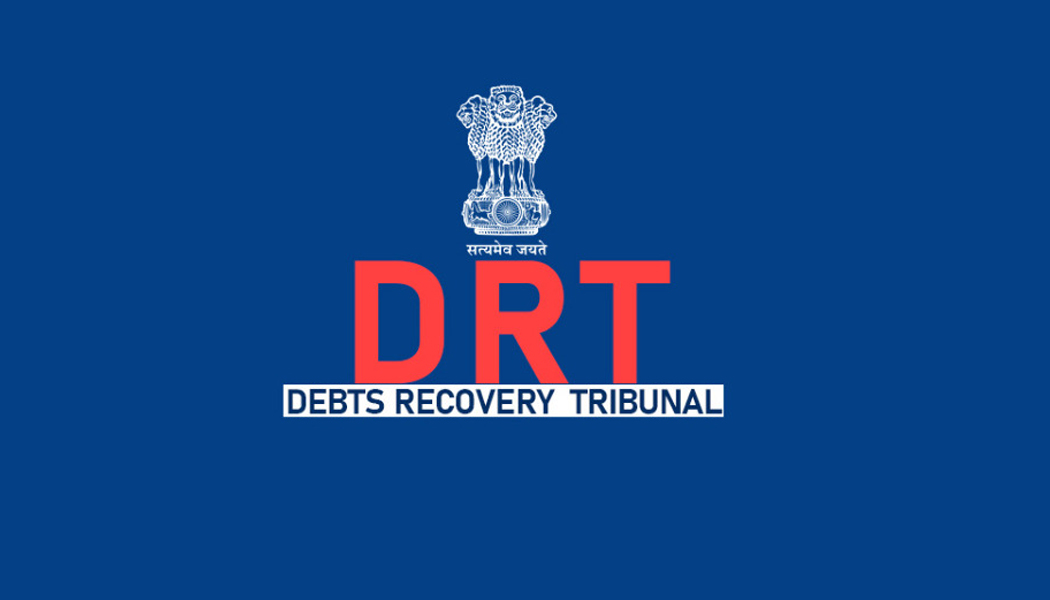
What is court fees in DRT?
The court fees in Debt Recovery Tribunals (DRTs) in India refer to the fees paid to initiate legal proceedings or file cases related to debt recovery matters. These fees are essential for covering the administrative and operational costs of the tribunal. Below, I’ll provide a detailed overview of court fees in DRTs:
1. Filing Fees: Filing fees are the charges required to initiate a case in the DRT. The fee amount varies based on factors such as the amount of debt claimed and the type of case. In DRT cases, the fee is often calculated as a percentage of the amount being claimed in the case. This is done to ensure that larger cases pay higher fees, reflecting the complexity and resources required to handle them.
2. Appeal Fees: If a party is dissatisfied with the decision of the DRT and wishes to appeal to the Debt Recovery Appellate Tribunal (DRAT), additional appeal fees are applicable. Like filing fees, appeal fees might also be calculated based on the amount being claimed.
3. Execution Application Fees: In cases where a decree or order has been passed by the DRT and the winning party needs to execute the order (recover the debt), execution application fees are charged.
4. Miscellaneous Fees: These include fees for various other activities related to the case, such as obtaining certified copies of orders, amendments to pleadings, and more.
5. Exemptions and Reductions: In some cases, the government might provide exemptions or reductions in court fees. For example, government entities or individuals from certain economically weaker sections might receive fee waivers or reductions to ensure access to justice.
6. Payment Methods: Court fees can usually be paid in the form of a demand draft, banker’s cheque, or in some cases, through online payment modes as per the guidelines provided by the respective DRT.
It’s important to note that court fee structures can vary from state to state and can change over time due to revisions in laws or regulations. The fee structure is typically outlined in the respective state’s Court Fees Act or Rules. If you are specifically looking for the current court fee structure for DRT cases in a particular location, I recommend consulting the official website of the respective DRT or the relevant state’s official legal website for up-to-date information.
Also, keep in mind that legal matters can be complex, and it’s advisable to consult with legal professionals or seek guidance from the relevant authorities or a DRT lawyer in Indore, and if you have specific questions about court fees in DRT cases or any other legal matters.
